With school back in session, brush up on your French history with these key dates that all transpired in the
month of September! From the 17th century revocation of the Edict of Nantes all the way up until the 1944
Liberation of Paris following Nazi Occupation in World War II, this month contains Nation-defining dates that
pervade the French socio-cultural and historical to this day.
1. The Siege of Paris (September 19, 1870 - January 28, 1871)
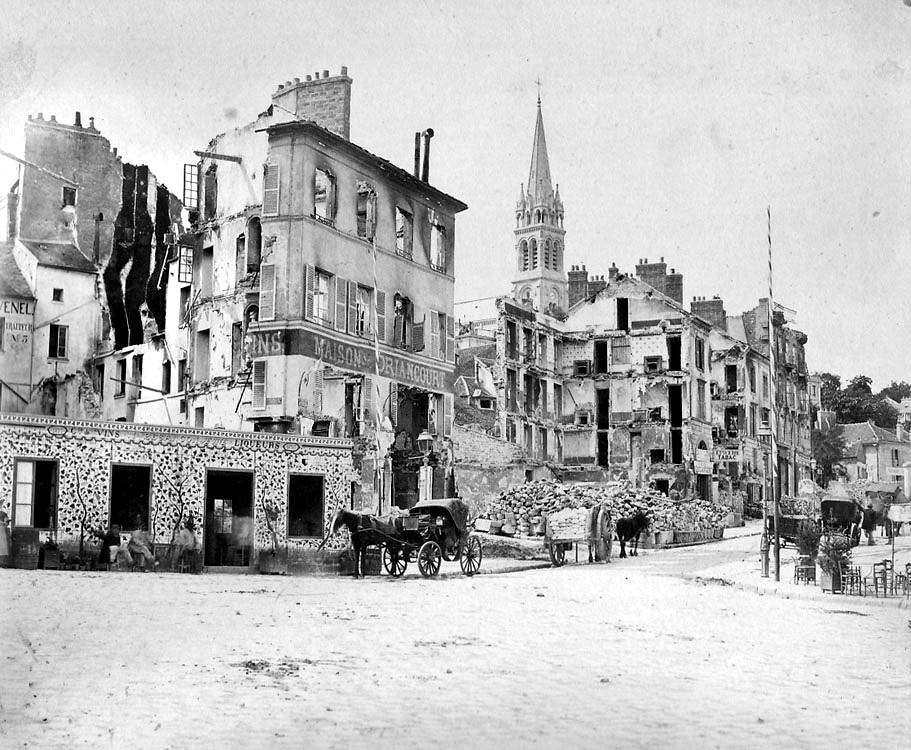 Image courtesy of Wikimedia Commons
Image courtesy of Wikimedia Commons
The Siege of Paris was a pivotal event during the Franco-Prussian War, marking the collapse of the French Second
Empire. After a series of utterly humiliating defeats, Prussian forces surrounded Paris, leading to a brutal
winter of starvation and suffering for the city's residents. The siege ended with Paris’s surrender and the
establishment of the German Empire in the Hall of Mirrors at Versailles, profoundly reshaping European politics.
The siege also triggered the Paris Commune, a radical socialist and revolutionary government that briefly ruled
Paris in 1871.
2. The Liberation of Paris (August 25 - September 2, 1944)
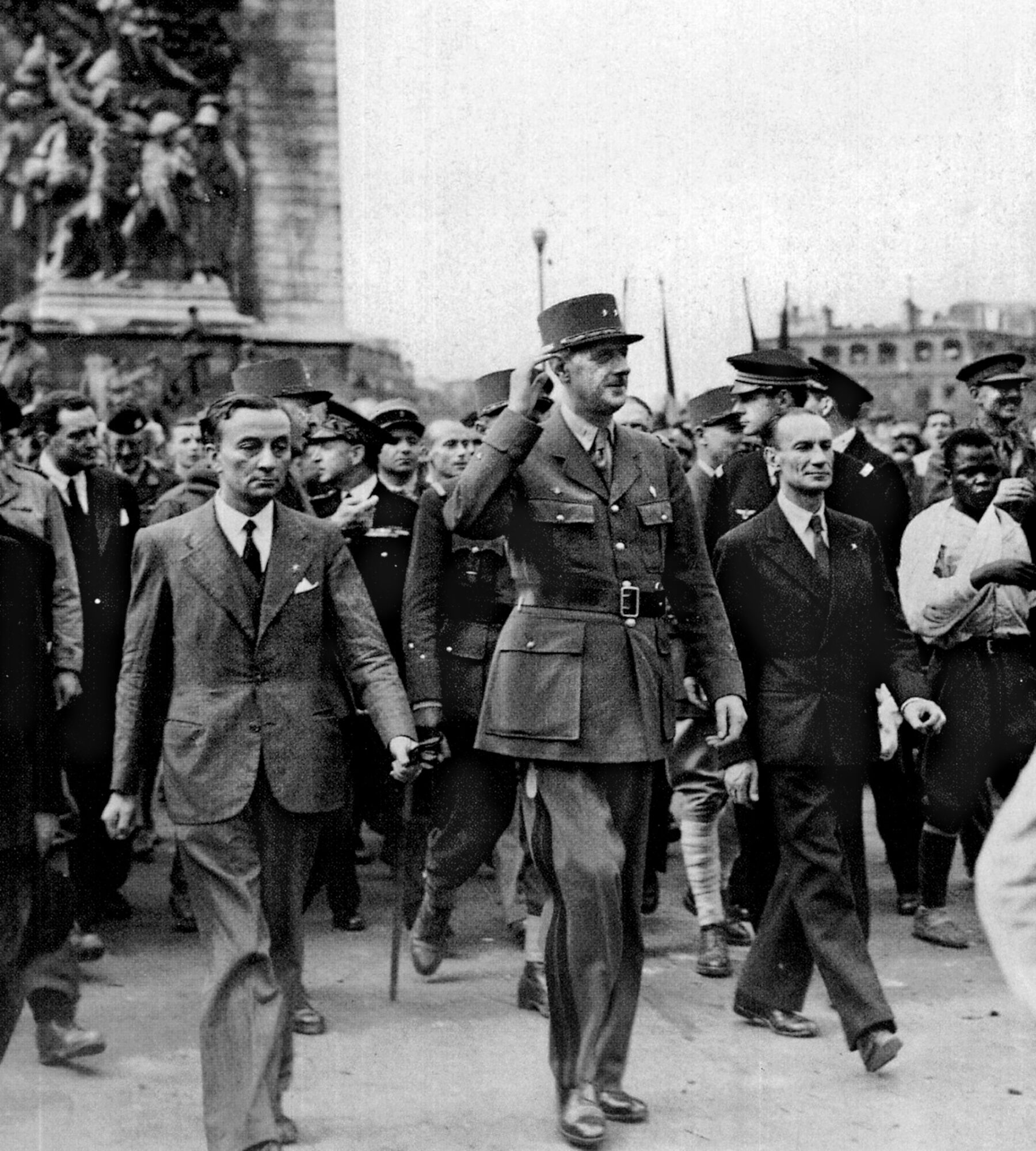 Image courtesy of the Warfare History Network.
Image courtesy of the Warfare History Network.
The Liberation of Paris was a critical moment in World War II, symbolizing the end of Nazi occupation in France.
After D-Day in June 1944, Allied forces, along with French Resistance fighters, advanced toward Paris. On August
25, 1944, German General Dietrich von Choltitz surrendered the city, defying Hitler's orders to destroy it. The
liberation was celebrated with fervor across France and marked a significant turning point, leading to the
restoration of the French Republic and General Charles de Gaulle’s rise to prominence.
3. The Revocation of the Edict of Nantes Prelude (September 1685)
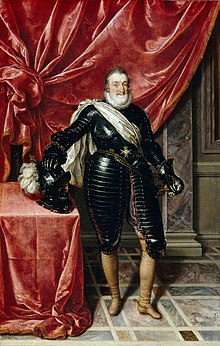 Image courtesy of History Today
Image courtesy of History Today
The lead-up to the revocation of the Edict of Nantes, which granted religious freedom to Huguenots, began with
King Louis XIV’s September ordinances. These decrees initiated severe restrictions on Protestant worship and
education, laying the groundwork for the formal revocation in October 1685. The revocation led to a mass exodus
of Huguenots from France, significantly impacting the nation’s economy and culture, as many skilled artisans and
professionals fled to more tolerant countries.
4. The Fall of the French Monarchy (September 21, 1792)
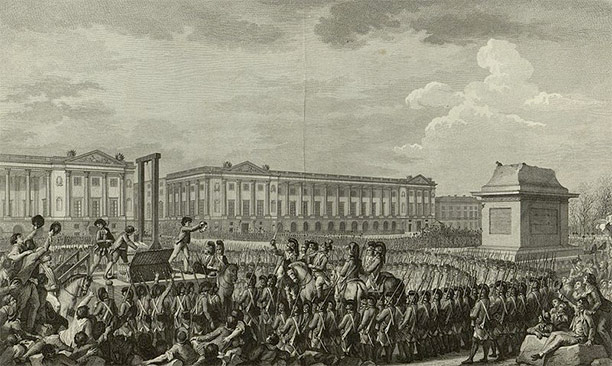 Image courtesy of History Today.
Image courtesy of History Today.
The French Revolution reached a critical juncture on September 21, 1792, when the National Convention abolished
the monarchy and declared France a republic. This decision followed the arrest of King Louis XVI in August and
the violent insurrection of the Paris Commune. The establishment of the First French Republic marked the end of
over a thousand years of monarchical rule in France and set the stage for the Reign of Terror, where
revolutionary fervor led to widespread executions and political purges.
5. The September Massacres (September 2-6, 1792)
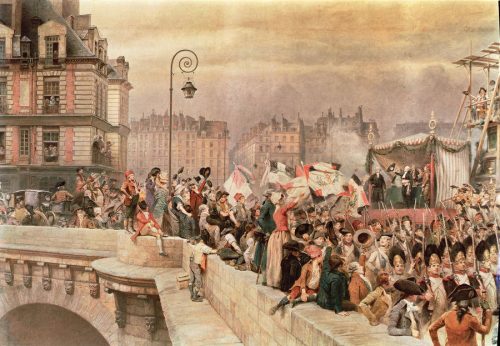 Image courtesy of Encyclopedia Britannica
Image courtesy of Encyclopedia Britannica
The September Massacres were one of the most brutal episodes of the French Revolution, reflecting the deep
paranoia and fear that gripped Paris. As Prussian forces advanced towards the capital and rumors spread of
royalist conspiracies, revolutionary mobs stormed the city’s prisons, massacring over 1,200 prisoners, many of
whom were clergy, aristocrats, and political prisoners. These events shocked Europe and highlighted the
radicalization of the Revolution, setting the stage for the Reign of Terror, where revolutionary tribunals
executed thousands suspected of counter-revolutionary activities.
These events demonstrate how September has been a month of significant upheaval and transformation in French
history, with each event leaving a profound legacy on the nation’s political, social, and cultural landscape.